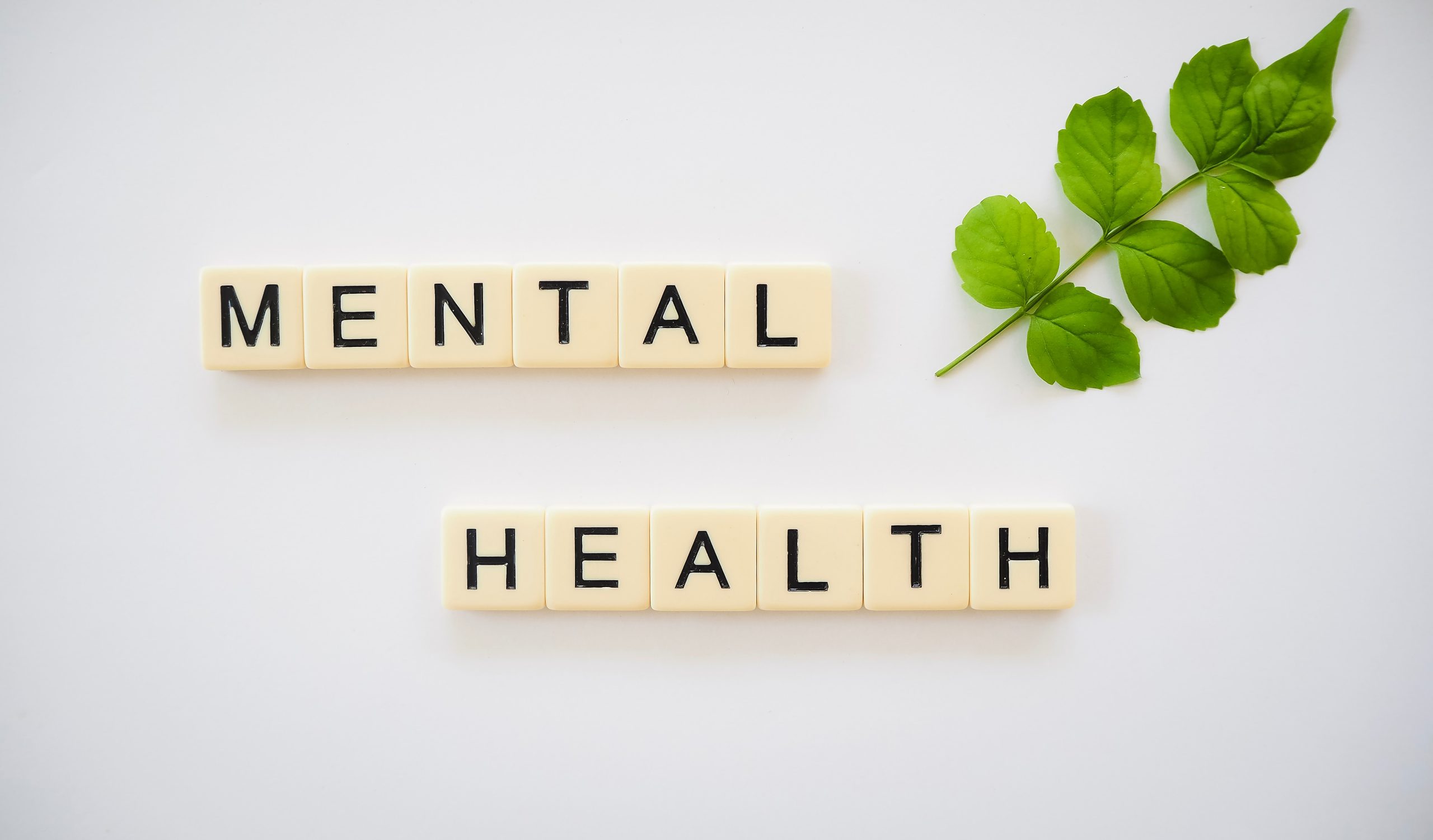Mental health is an important topic that needs to be discussed more, especially in today’s society. Mental health problems can be really tough to deal with, but with the right resources and advice, you can get through it! This guide will outline some of the most common mental health problems and what you can do to deal with them.
Table of Contents
What is mental health?
Mental health problems are conditions that affect a person’s mood, thoughts, or feelings. They can be mild or severe and can last for a short time or a long time. Mental health problems can interfere with your ability to function at work, school, or home. There are many types of health problems, and they can be caused by anything from stress to traumatic events.
There is no one right way to deal with health problems. You may need to talk to your doctor or therapist about what worked best for you in the past. There are also many self-help resources available, including books, websites, and support groups. Keep in mind that there is no “cure” for mental health problems – but treatments can help improve your quality of life.

Symptoms of mental health problems
There are a variety of symptoms that can indicate health problems. If you or someone you know is experiencing any of the following, it’s important to seek professional help.
Depression: This may include feelings of hopelessness, sadness, emptiness, and frustration. It can interfere with daily activities and can lead to eating disorders and other harmful behaviors.
Anxiety: People with anxiety may feel apprehension or fear in situations where there is no reason to be nervous. They may also experience repetitive thoughts or behaviors that prevent them from relaxing or sleeping peacefully.
Obsessive-Compulsive Disorder (OCD): People with OCD may have intrusive thoughts (e.g., worrying about germs) or repeated behaviors (e.g., checking locks multiple times).
Bipolar Disorder: Individuals with bipolar disorder experience episodes of mania (a high mood) and depression (a low mood). These episodes can last weeks, months, or even years.

How can you deal with mental health problems?
If you’re feeling down or lost, there are plenty of ways to get help. Here are some resources to start you off:
- Talk to a friend or family member about how you’re feeling. They might be able to provide some helpful advice or insight.
- Reach out to a support group for people with mental health problems. These groups can offer a safe place for you to discuss your experiences and get support from others who understand what you’re going through.
- Contact your local health clinic or service provider for more information and help finding the best option for you. They can provide resources and assistance in accessing treatment options that fit your needs.
- Consider medication if traditional therapies aren’t working well enough for you. There are many different types of health medications available, so please consult with your doctor before making any decisions about using them.
Conclusion
Mental health problems can be really tough to deal with, but there are ways to get help. This guide is designed to provide you with the information you need in order to start dealing with your mental health problems head-on. Hopefully, by following these steps you will be able to feel better equipped to tackle them and eventually find a resolution.





